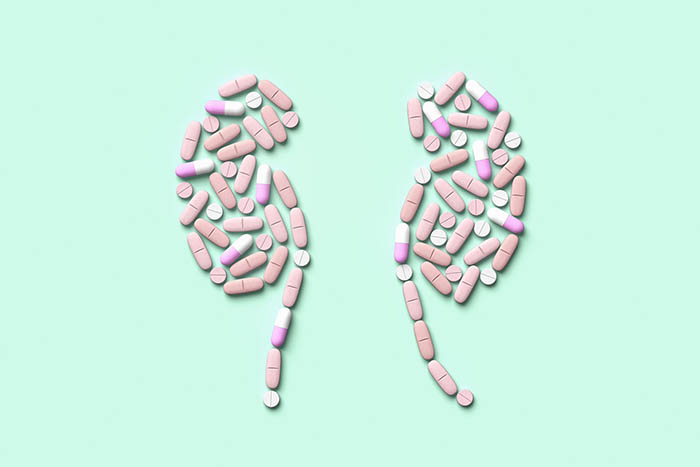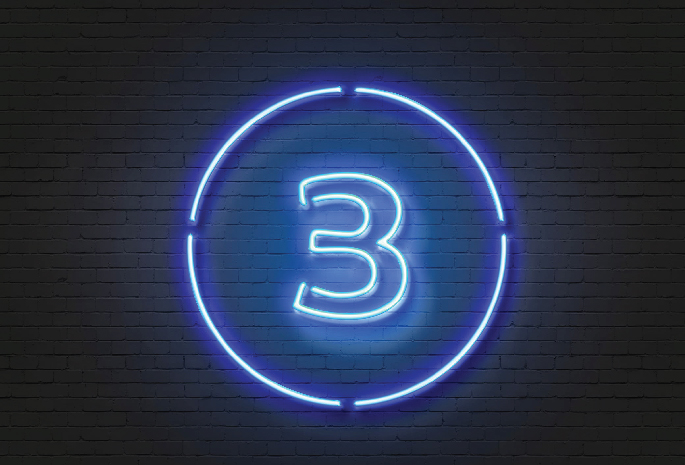Though organ donation can occur after either cardiac death or brain death, most organs transplanted in the U.S. come from donors who have been declared brain dead.
Cardiac death — also called irreversible cardiac arrest — is different from brain death. Brain death is declared when the brain stops working before the heart stops. Cardiac death occurs when the heart stops working first.
In the case of organ donation, cardiac death occurs after the removal of mechanical support following a brain injury. In this case, and in close consultation with family, a patient who doctors have determined will not recover is removed from a ventilator and progresses naturally to cardiac arrest. It is this type of cardiac death that is considered for the DCD process.
The DCD Process
DCD is an option presented to families only after they have decided to discontinue mechanical support for their loved one.
Families considering DCD will meet with their care team and with coordinators from a local organ procurement organization (OPO). OPO coordinators ensure that families fully understand the DCD process and all options involved.
With agreement to move forward with DCD, a patient is taken to the operating room where mechanical and medical support is removed. Once cardiac death is declared, a mandatory wait time begins before the surgical team can enter the room and begin to procure organs from the donor.
“Developing a framework for DCD requires significant care coordination between a hospital’s critical care team and local OPO,” says Dr. Neujahr. “By working together, we can ensure adherence to strict policies guiding the organ donation and transplantation process.”
What DCD Means for People Awaiting Lung Transplant
DCD offers the potential for increasing the number of organs available to patients in need.
“With only a few centers nationally that offer DCD lung transplant, we don’t anticipate that this technique will solve national organ shortages,” says Dr. Neujahr. “But offering this option here at Emory is a critical step toward improving transplant access in our community.




